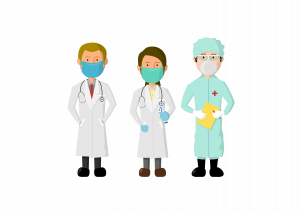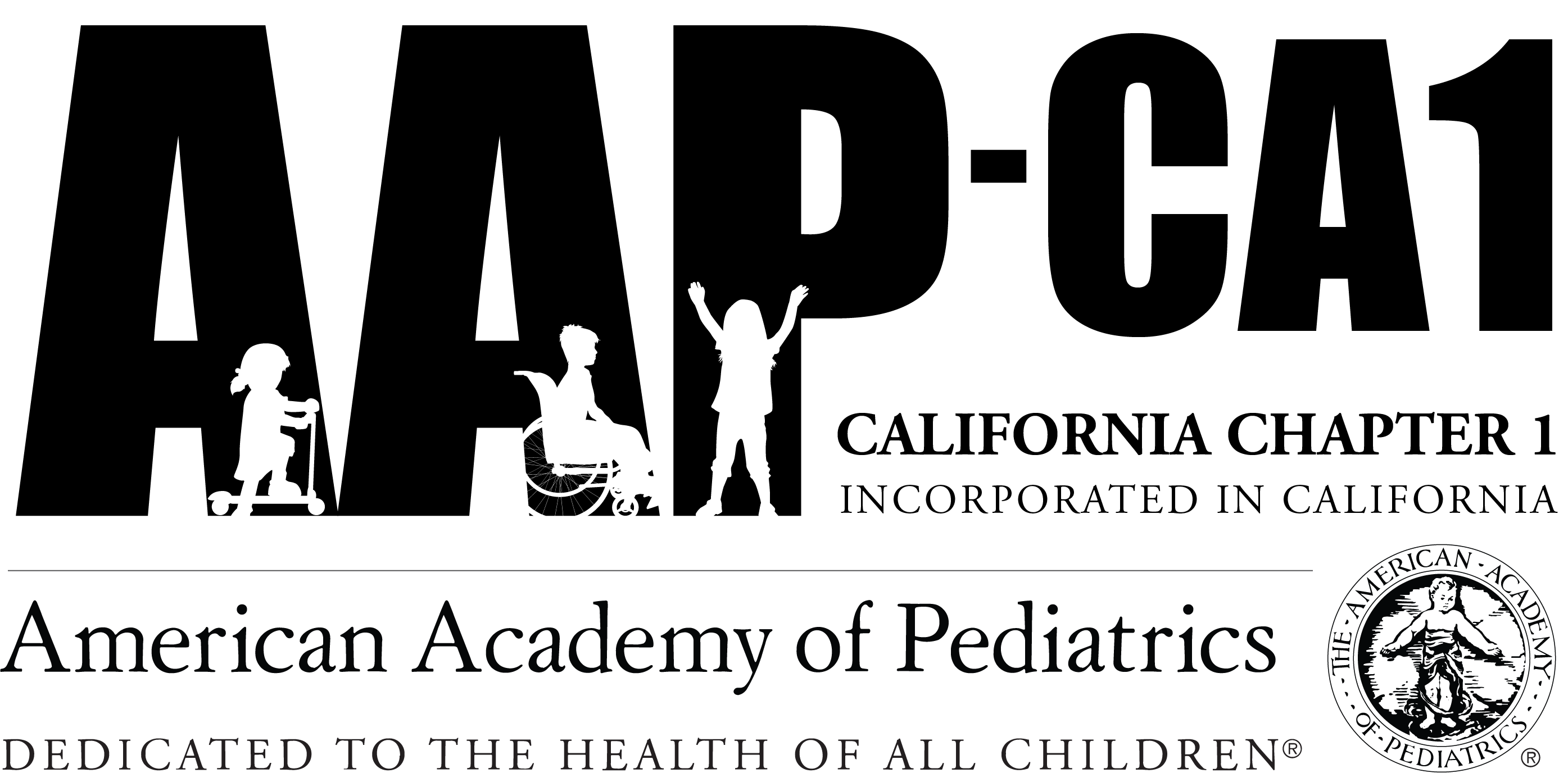What’s Up Docs? Article
By Ali Valdrighi, MD and Helen Pu, MD
Posted September 11, 2020

With the COVID-19 pandemic slowly starting to close, the world begins to breathe a sigh of relief as things move toward normalcy. Yet, for healthcare providers, even as work lessens, the physical stress and psychological toll of the numerous tragedies we have witnessed persists and is unlikely to vanish in the near future (1). This stress is amplified for resident doctors who have shouldered a disproportionate amount of the work-burden during this pandemic which sheds harsh light on the inequities within the medical system. These inequities should not be ignored and must be addressed, even as the pandemic comes to a close.
Residents are near the bottom of the medical hierarchy: we work long hours despite receiving low pay for the hours worked and experience significant financial burden from student debt. Due to the strict hierarchy in place at many hospitals, we also have less room to advocate for our own safety. Residents are constantly evaluated by their superiors who can significantly impact future career opportunities. Admitting discomfort with a situation can be interpreted as weakness and may lead to negative evaluations. Thus, many residents remain silent, even when it means putting their lives in jeopardy. For example, residents across the country with chronic illnesses were not given the option to protect themselves with alternative clinical duties during the pandemic and felt unable to speak up for themselves (2). Even residents without underlying medical conditions were not always safe, as some died due to inadequate personal protective equipment (PPE), poor communication and lack of transparency from residency programs with no room given to question program leadership even to advocate for safety (3). Additionally, some residency programs were unwilling to negotiate increased wages or even increased benefits for their residents despite the risks they faced (2).
As residents, we are dedicated to caring for our patients and ensuring that they receive the best possible medical care. We happily sacrifice free-time, family events and hobbies to serve our patients. However, in order to continue providing our patients the best care, it is important that we are also able to care for ourselves and that these inequities are addressed. While this may be the first pandemic of modern times, it may not be the last and it is important that safety mechanisms are put in place prior to the next crises so that residents have system level protections. These protections include three components: hazard pay, guaranteed benefits and a voice in decisions impacting our safety.
“Hazard Pay” is defined as “additional compensation for performing duties that place workers in potentially dangerous situations (4). While there were national efforts to provide hazard pay to all essential workers during the pandemic, in addition, there needs to be an Accreditation Council for Graduate Medical Education (ACGME) mandated residency program requirement to ensure that during surge times, programs are required to provide hazard pay to residents (5). It also needs to be emphasized that hazard pay is not a substitution for suspending work hours and that work hour enforcement needs to continue, even in times of crisis. Hazard pay will help alleviate the stress created by increased financial burdens residents face during surge times, including decreased moonlighting opportunities and decreased access to child-care, and in this way, negate some of the damaging anxiety already experienced during challenging times.
Beyond hazard pay, there also need to be systems in place to provide adequate benefits such as health insurance, disability and life insurance to allow residents to continue caring for themselves and their families. Residents have reported being unable to care for their own health due to lack of benefits provided by programs and/or suspension of benefits if they were unable to work due to illness or a desire to protect themselves (6).
Finally, it is also important that programs are mandated to allow residents, like attendings, to have a say in risking their lives. Those who have chronic medical conditions should be given an option to forego clinical duties that place them at risk. Residents should also have a voice in making decisions surrounding PPE distribution, schedule rearrangements and anything that could impact their safety. Channels for clear, transparent communication are essential in order to improve resident safety in this regard.
While many programs did advocate to protect their residents during the pandemic, others fell short. Only with a standardized ACGME mandate will we be able to hold all programs equally accountable for caring for their residents in these three above fashions and it is important that these safeties are put into practice in advance of the next crisis. Most of us chose medicine to help people and will continue to choose to do this every day, despite the personal risk. Yet, it is important that this is a choice we are offered and that we receive the care needed to protect ourselves. This pandemic has highlighted problems in our current medical system and it is important we use its lessons to make changes for the future.
References:
1. Ayanian, John Z. “Mental Health Needs of Health Care Workers Providing Frontline COVID-19 Care.” JAMA Health Forum. jamanetwork.com/
2. Soto, Isabel, et al. “Hazard Pay During COVID-19.” AAF. www.americanactionforum.
3. Hotts, Mitch. “Ascension Doctor Dies from Suspected COVID-19.” Macomb Daily. www.macombdaily.com/
4. Taft, Molly. “Medical Residents Demand Covid-19 Hazard Pay.” The Intercept. theintercept.com/
5. Senate Democratic Leadership. “The Covid-19 Heroes Fund.” Democrat Senate. https://www.democrats.
6. Murphy, Brenden. “COVID-19: Residents, Fellows Need Physical and Financial Protection.” American Medical Association. www.ama-assn.org/
Read more What’s Up, Docs? Articles
